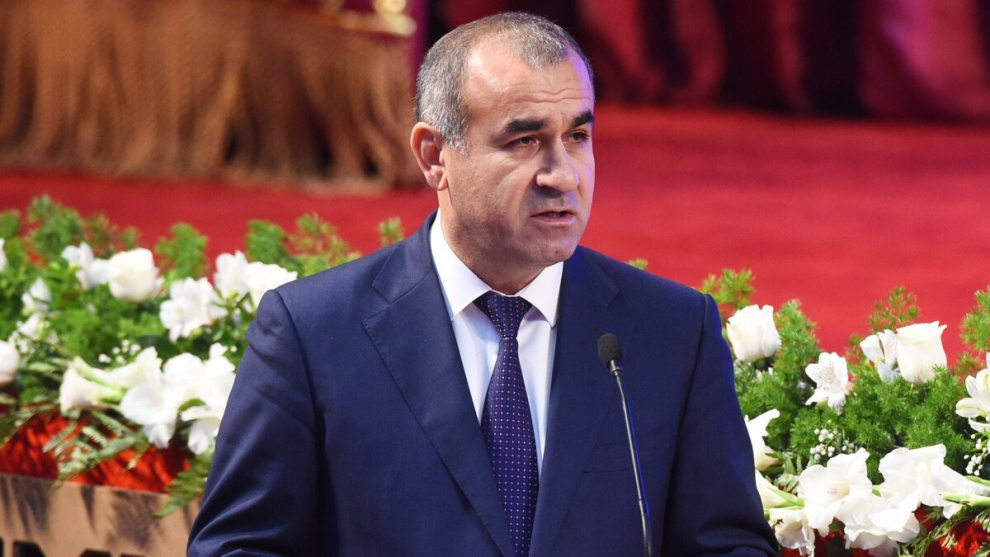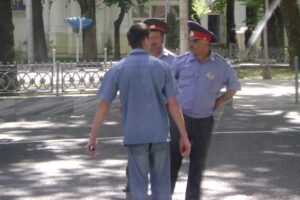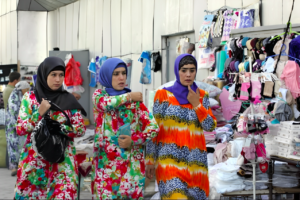The Prosecutor General of Tajikistan, Yusuf Rahmon, during a press conference said that the number of complaints to the Prosecutor’s office regarding the use of torture decreased by 3 times.
Yusuf Rahmon noted that in 2019, his department received only 14 complaints about the use of torture by law enforcement agencies. “In 2018, there were 48 such appeals,” the Prosecutor General emphasized. “According to the complaints, last year 2 criminal cases were instituted and 7 law enforcement officers were prosecuted.”

Experts from Tajikistan dispute the statement of the Prosecutor General. A former Justice Department official told ACCA that prosecutors in most cases do not respond to statements of using torture.
“In most cases, torture is used during the first days after detention. Almost all law enforcement agencies are doing this. Confessions are beaten out, and then detainees are sent to a pre-trial detention center,” the source said. “However, the judge, where the representative of the Prosecutor’s office is present, also gives permission to arrest after three days after the arrest. Thousands of detainees at that moment claim cruel torture against them, the traces of which are visible on their bodies with the naked eye, but judges and prosecutors close their eyes to this and send the person under arrest.”
According to the source, torture is applied to detainees in pre-trial detention centers. “In order to obtain additional confessions of other crimes, torture is also systematically applied in the pre-trial detention center, and supervisory prosecutors, who regularly conduct inspections in the pre-trial detention center, are well aware of this,” the source emphasized. “Supervisory prosecutors regularly receive complaints of torture, but they also do not respond. And for those, who reported torture, even more cruel torture is applied for publicity.”
According to another ACCA source, torture is also applied to prisoners directly in the colonies. “Colony officers also systematically torture prisoners to receive new names, allegedly of their accomplices, who are at large. Often, prisoners are forced to admit that their accomplices are specific people, even if they are completely strangers,” the source said. “Thus, new criminal cases are instituted mainly under such articles as extremism, drug trafficking, theft. All this is done for statistics and job positions. The prosecutors themselves are the initiators of such cases, and themselves provide an opportunity to use torture.”
Source: Acca Media















